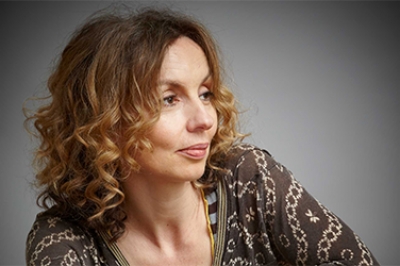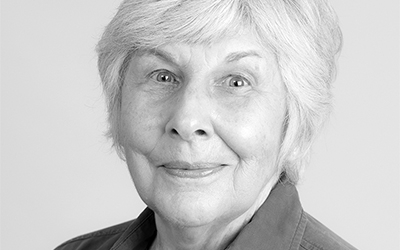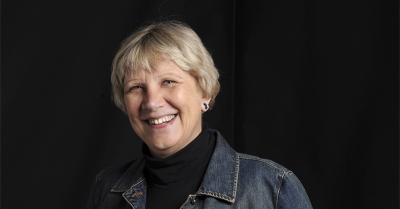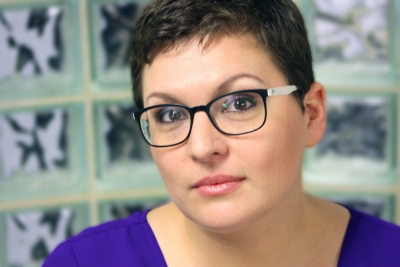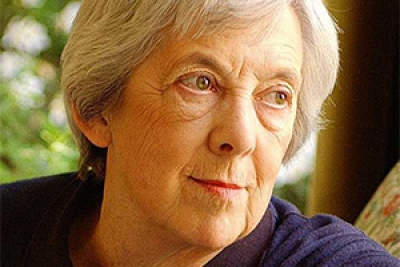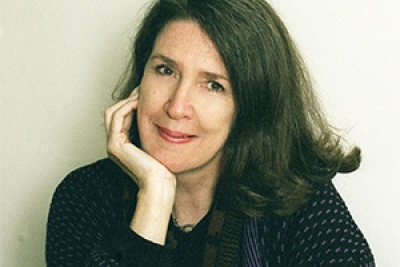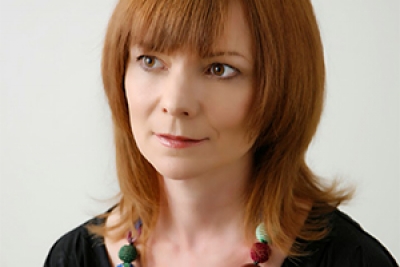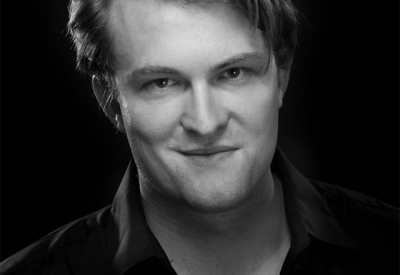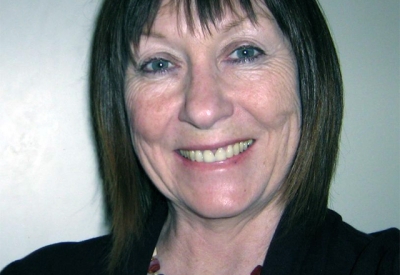Critic of the Month
A distinction needs to made between the critic and the book reviewer, because not all reviewers are critics. The reviews that run in the literary pages of newspapers – plot synopsis followed by puffery or condemnation – bear little relation to criticism, not least because critics read closely while reviewers tend to speed-read. Criticism is an art, and the finest criticism should be equal to its subject: a good critic should have a distinctive voice, a good ear, and a strong style. I like audacity and eccentricity in criticism, and I particularly admire those critics who are alert not only to the words on the page but to the ‘unconscious’ of the text – what is elided, repressed or not quite expressed in the writing.
... (read more)Don Anderson taught American, Australian, Irish, and English Literature at the University of Sydney from 1965 to 2000. Since 1982 he has written for ABR more than sixty times. His reviews and essays have also appeared in The Age Monthly Review, The Bulletin, Weekend Australian, Sydney Morning Herald, Southerly, Meanjin, Quadrant, The National Times, Westerly, Island, and The Independent Monthly. His critical writings are collected in Hot Copy (1986), Real Opinions (1992), and Text & Sex (1995).
... (read more)In September 2013, six months after returning to Australia after forty-eight years away, mainly in the United States, I wrote a piece for ABR on being a returning expatriate. Actually, this wasn’t my first piece for the journal (that was a review of a biography of Ryszard Kapuściński seven months earlier), but it was a piece that had particular importance for me. Rereading it recently, I was struck both by the conversational tone, as if I already thought ABR readers were my friends, and by the underlying seriousness of the effort to explain myself. I didn’t write like that for American publications.
... (read more)It would be good if editors and publishers took smarty-socks reviewers to task occasionally – probably not in public – if said reviewers go on about falling standards in proofreading or editing. Reviewers should, I think, be aware that the course of publishing never did run smooth – maybe with a difficult author, editing disasters, or horrible scheduling problems – and cut a bit of slack accordingly. I’d also like to see readers engage with reviewers, especially if they have read the book and feel the critic’s comments have been unfair.
... (read more)Beejay Silcox began writing for ABR in September 2016 after infiltrating a Trump rally in rural Virginia. In 2018, she was ABR’s Fortieth Birthday Fellow. Her literary criticism and cultural commentary appears in national and international review publications.
... (read more)Enthusiasm, eloquence, a distinctive voice, openness to the unexpected, a well-stocked mind, wit, and humour: some or all of these gifts would make the ideal reviewer ...
... (read more)Ones who write memorably, whose language combines critical acuity with verve. I could name many, but Robert Hughes, Peter Porter, Kerryn Goldsworthy, and Brian Matthews are four Australians critics I read and reread, and from whom I have learned much, even when I’ve disagreed with, or been provoked by, them.
... (read more)Some of Australia’s best writers are also reviewers. I always enjoy the beautifully crafted and perceptive work of Drusilla Modjeska, Mireille Juchau, James Bradley, Lisa Gorton, and Kerryn Goldsworthy, to name just a few. Anwen Crawford is wonderful on music, Kate Kellaway and a.j. carruthers on poetry.
... (read more)Clive James: the master. Erudite yet accessible; terrifyingly well-read; and pioneering, in treating television as a medium deserving of serious critical attention. Caitlin Moran: her feminist critique of gender politics is accessible and vital; her pop-culture criticism perfectly blends the eye-roll with toe-wriggling enjoyment. Giles Coren: he turned the restaurant review into a roaring, funny, joyous literary art. I have no interest in British restaurants, but if I can't read Giles on a Saturday, I'm annoyed. That's the sign of a great critic. Camilla Long: nobody wields a more deft scalpel on film. Christopher Hitchens: his voice is so strident, so vibrant. He'd be at Trump like a wolf to steak.
... (read more)The best thing I can do here is quote lines of criticism that I've never forgotten. Terry Eagleton on Wuthering Heights: 'the institution of the family is founded upon a potentially anarchic force – sexual desire itself – which it must nevertheless strictly regulate.' This is a bit of insight that can be helpfully applied not only to Wuthering Heights but to most fiction, films, and theatre, to say nothing of daily life.
... (read more)
